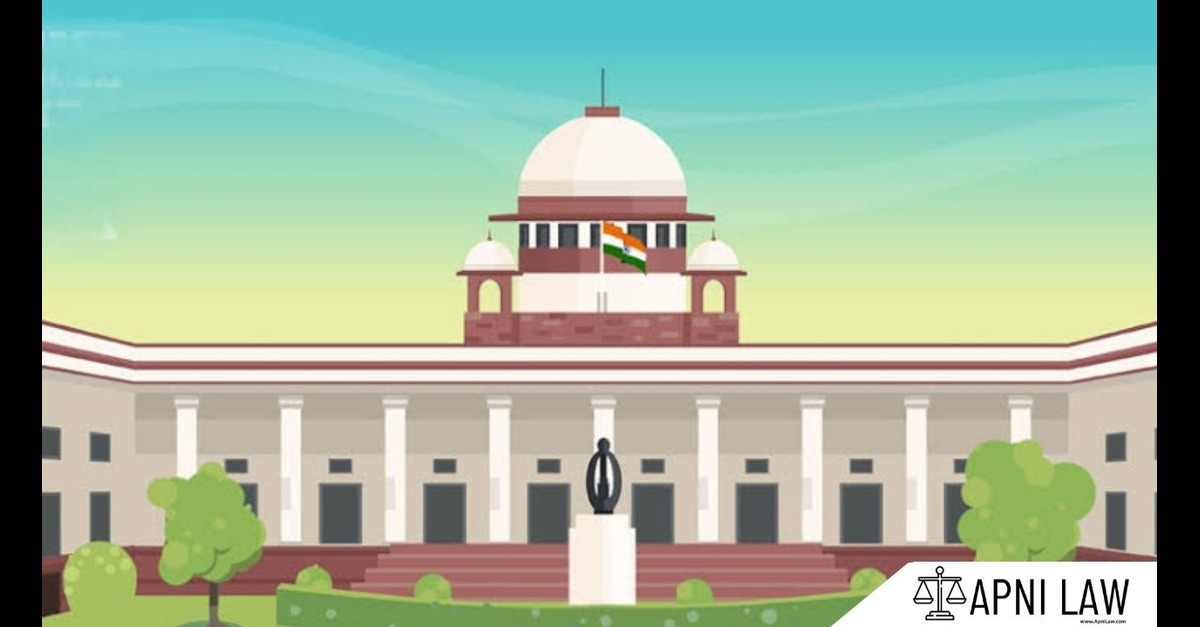Introduction
The Supreme Court has ruled that a party remains liable for violating an injunction order while it was in force, even if the order the is later set aside. The said ruling, delivered by a bench comprising of the Justices Pankaj Mithal and Sanjay Karol, clarifies the scope of Order 39 Rule 2A of the Civil Procedure Code (CPC), which further outlines the mechanism for taking action against those who disobey injunction orders.
Background
Order 39 Rule 2A (1) prescribes the punishment for disobeying injunction orders, allowing the court to punish the disobedient party by the attachment of property or imprisonment for a term which is not exceeding three months of the time period. The Court also emphasized that a party remains liable for violating an injunction order while it was in force, even if the order is being set aside later. The Court’s decision was further based on the precedent established in the case of Samee Khan v. Bindu Khan (1998) 7 SCC 59, where it was further held that “even if the injunction order was subsequently set aside, the disobedience does not get erased.”
Key Points
The Court also heard a case where the appellant gave an undertaking to the Trial Court that they would not alienate the suit property to any of the third party. Accepting the undertaking and incorporating it in its order (Nov. 2007), the trial court time and again extended the operation of the injunction order restricting the appellant from alienating the suit property. Despite the undertaking, the appellants sold portions of the property between 2007 and 2011, in clear violation of the court’s order.
The respondents also filed an application under Order 39 Rule 2A of CPC seeking action against the Appellant for the said violation in the given case. The Trial Court also dismissed the application, holding that the respondents failed to prove intentional disobedience beyond reasonable doubt. Later on, the Trial Court also dismissed the original suit, noting that the description of the property was ambiguous , unclear and that the appellants were entitled to the benefit of the doubt in the said case. After the trial court dismissed the application under Order 39 Rule 2A of the CPC, the respondents appealed to the High Court, which reversed the Trial Court’s decision, holding that the appellants had intentionally violated the undertaking and were guilty of contempt of court. The High Court further imposed the penalties, including imprisonment and attachment of property. Aggrieved by the High Court’s imposition of penalties, the Appellant approached the Supreme Court for furtherance of matters.
The primary issue before the Supreme Court was the appellants’ sentence of imprisonment and compensation, the Court also had taken up and examined the scope of Order XXXIX Rule 1, Rule 2, and Rule 2A. It further discussed the impact of dismissing a suit seeking an injunction on previously disobeyed injunction orders, particularly in the light of the appellant alienating the suit property despite an undertaking before the trial court for the case.
Recent Developments
The judgment which was authored by Justice Karol upheld the High Court’s finding that the appellants had intentionally disobeyed the court’s order. Citing Samee Khan’s case, the Court observed that the Appellant cannot take a plea that the subsequent dismissal of the suit seeking an injunction would erase the erstwhile disobedience of the injunction order. It emphasized that the disobedience of the injunction order was not erased merely because the original suit was subsequently dismissed. The principle underscores the importance of complying with court orders during the pendency of litigation. The judgment reinforces the idea that the breach of an interim order is a separate offense that must be addressed independently of the final outcome of the case.
Conclusion
As a result, the Court partly allowed the appeal, deleting the three months imprisonment for wilful disobedience of the Court’s order, but enhanced the amount of compensation payable by the appellants herein from a sum of Rs.10 lakhs to Rs.13 lakh, which shall also carry simple interest @6% from the date of the judgment of the lower Court, i.e., 2nd August 2013.
“PRIME LEGAL is a full-service law firm that has won a National Award and has more than 20 years of experience in an array of sectors and practice areas. Prime legal falls into the category of best law firm, best lawyer, best family lawyer, best divorce lawyer, best divorce law firm, best criminal lawyer, best criminal law firm, best consumer lawyer, best civil lawyer.”
Written by POOJA PARAMESWARAN


